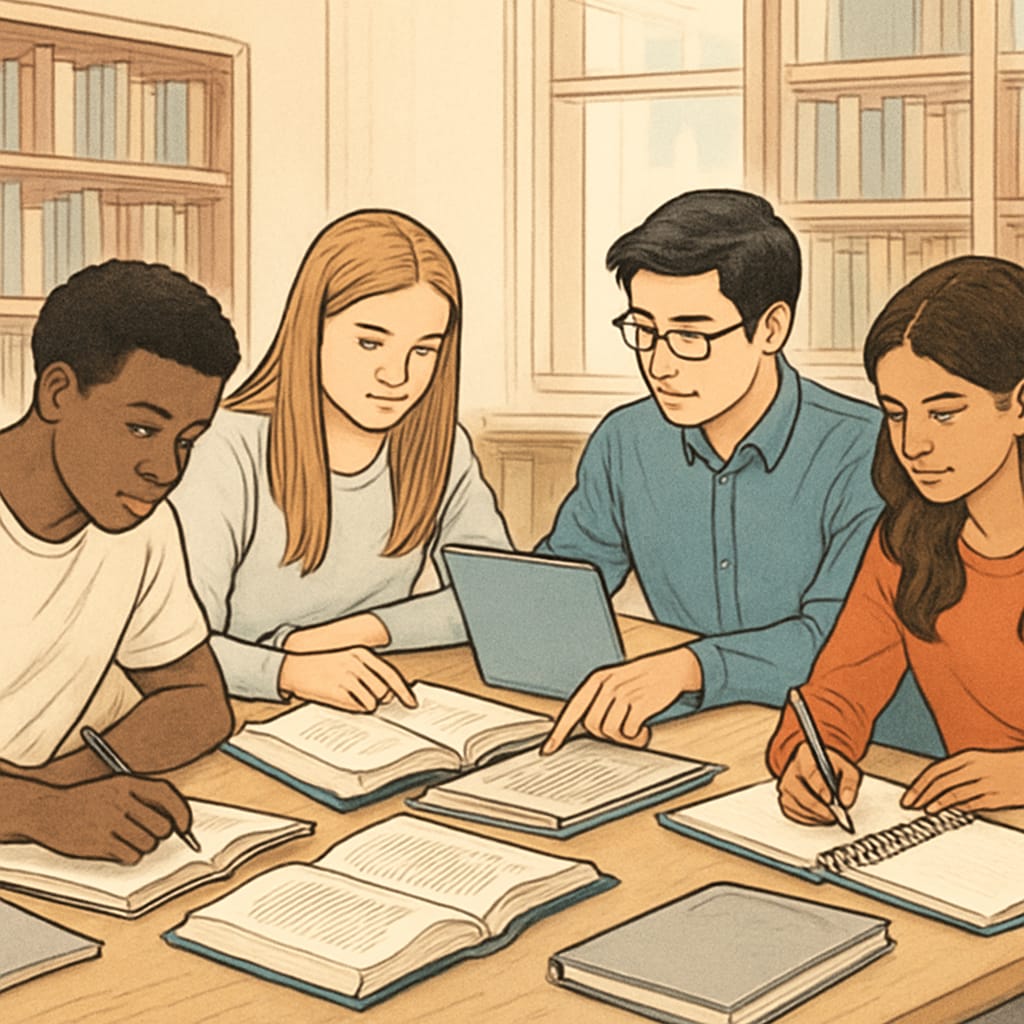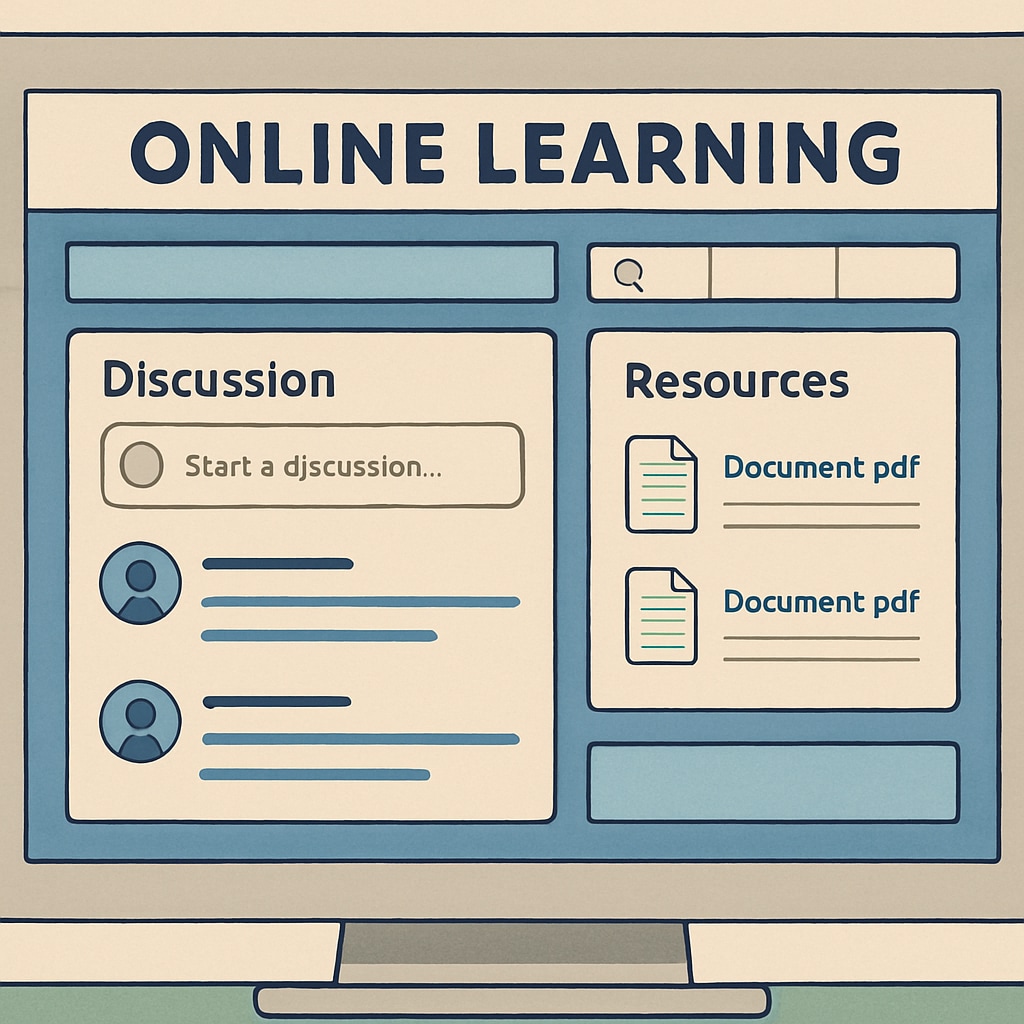Post-class reflection, learning communities, and theory application represent three critical pillars of sustainable education. Research shows that 72% of K12 students struggle to apply classroom knowledge in real-world contexts within 6 months of course completion (National Education Association, 2022). This gap highlights the urgent need for structured learning ecosystems that extend beyond traditional classrooms.
The Theory-Practice Divide in Modern Education
When academic terms end, students often face what psychologists call “knowledge evaporation” – the rapid loss of unpracticed concepts. Consider these common scenarios:
- Math formulas forgotten during summer break
- Science experiments never attempted outside labs
- Historical analysis skills unused without guidance

Learning Communities as Knowledge Incubators
According to Wikipedia’s learning community research, these collaborative spaces provide:
- Continuous peer feedback loops
- Authentic problem-solving contexts
- Multidisciplinary knowledge integration
For example, schools implementing project-based learning communities report 40% higher knowledge retention rates (Britannica Education Report, 2023).
Building Effective Post-Course Learning Networks
Successful learning communities share three characteristics:
- Structured reflection: Weekly discussion prompts about real-world applications
- Skill scaffolding: Progressive challenges building on course concepts
- Expert accessibility: Teachers or mentors available for consultation

As education evolves, the integration of post-class reflection spaces with learning communities becomes not just beneficial, but essential for transforming theoretical knowledge into lifelong competencies. Schools that prioritize this integration create ecosystems where theory application becomes second nature to learners.


